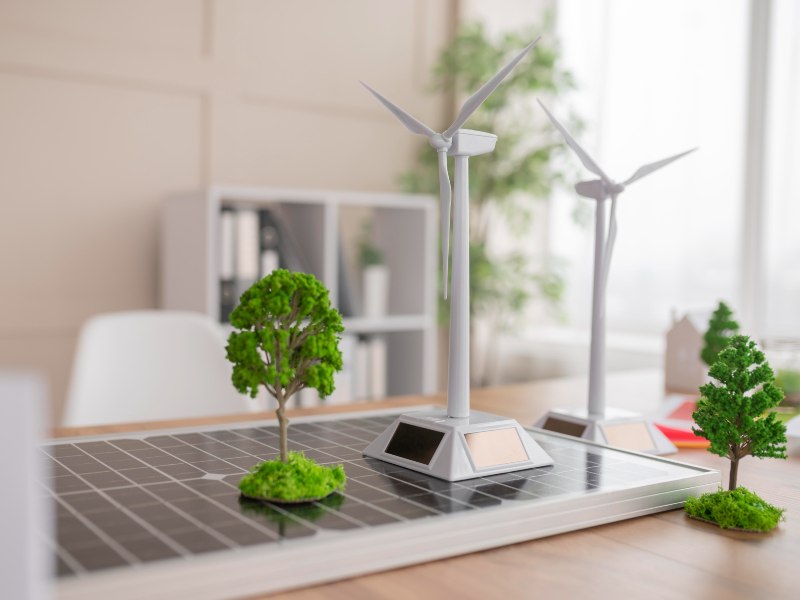 Photo created by freepik
Photo created by freepik
Despite the Glasgow Climate Pact to upgrade 2030 targets in national pledges, the collective level of energy transition ambition to date is not enough. This is according to a report from the International Renewable Energy Agency (IRENA) released at the UN Climate Change Conference COP27.
Of the 183 parties to the Paris Agreement with renewable energy components in their Nationally Determined Commitments, only 143 have quantified targets, with the majority focusing on the power sector. Only 12 countries had committed to a percentage of renewables in their overall energy mixes.
Renewable Energy Targets in 2022: A guide to design assesses the level of renewable energy ambition in national climate pledges and benchmarks targets against the global climate goal of limiting temperature rise to 1.5 degrees Celsius.
“IRENA’s report is a warning to the international community telling them that renewables offer a readily achievable climate solution but require immediate action,” said IRENA’s director-general Francesco La Camera. “Climate pledges must enhance ambition to unlock the full and untapped potential of renewables. There is a need for real urgency. Despite some progress, the energy transition is far from being on track. Any near-term shortfall in action will further reduce the chance of keeping 1.5°C within reach.”
IRENA’s World Energy Transitions Outlook sees half of the energy consumed in 2050 coming from electricity. Ninety percent of all decarbonisation will involve renewable energy through direct supply of low-cost power, efficiency, electrification, sustainable bioenergy and green hydrogen. However, achieving the 2050 climate target will depend on sufficient action by 2030.
IRENA’s new analysis finds that by 2030, countries are targeting to reach 5.4 TW of installed renewable power capacity, only half of the 10.8 TW needed according to IRENA’s 1.5°C Scenario.
To achieve net zero, targeted renewable power capacity by 2030 would have to double compared to the level of ambition in current targets. This is achievable as current renewable power targets lag recent deployment levels, IRENA’s report finds. To achieve current targets by 2030, countries would need to add 2.3 TW of capacity, equivalent to average yearly additions of 259 GW in the next nine years. This is below the actual installed capacity added in the past two years. In 2020 and 2021, the world added almost 261 GW each year.
Furthermore, renewable power targeted by 2030 remains concentrated in a few regions globally. Asia makes up half of the global targeted capacity, followed by Europe and North America. The countries targeting the highest level of deployment are all part of the G20, making up almost 90% of the global aggregated target.
IRENA’s analysis build on the recently published 2022 Nationally Determined Contributions Synthesis Report by UN Climate Change.
IRENA is an intergovernmental organization that supports countries in their transition to a sustainable energy future by promoting the widespread adoption and sustainable use of all forms of renewable energy, including bioenergy, geothermal, hydropower, ocean, solar and wind energy.
